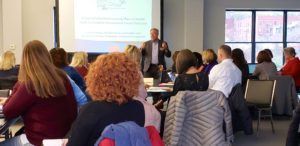Boston University researcher advocates Individual Learning Plans
The number of states mandating or encouraging Individual Learning Plans (ILPs) has risen to 37 from 22 in the past decade. Although Pennsylvania isn’t one of them, research shows ILPs are worth considering, Boston University Professor Scott Solberg told attendees at a workshop the Consortium cohosted in November with the Mid-Atlantic Regional Educational Laboratory (REL).
A well-developed ILP helps students explore their interests, set personal goals and map academic plans for pursuing them. As a result, districts using ILPs find that “students take ownership” of their own learning, Solberg said.
Correctly structured, ILPs encompass both a document and a process. The document maps out courses and post-secondary plans aligned with a student’s career aspirations. It also details the college and career readiness skills a student is developing.
The process is a progression of career advising lessons that help students establish career and life goals; plan their high school courses; and develop plans for post-secondary education, careers and self-management.
With the document and process in place, “Every year, students will be re-examining the possibilities, asking themselves ‘Who am I? and What do I like to do?’,” Solberg said.
“Once students establish goals, watch out,” he added. “They’ll start moving forward, they’ll take over the learning process. Career goals drive college readiness. Kids take the academics they need when they have a goal.”
Motivated by their own goals, students also are more inclined to reach beyond classroom lessons. They seek out tools they can use on their own, including online resources like Kahn Academy. They might even begin challenging perceived deficiencies in their own schools, Solberg added.
Aware that math was crucial to their plans, one classroom of students in Minnesota, for example, petitioned their administration for a new math teacher, he noted. “That’s what happens when you realize you have competency and voice.”
Solberg said some of the most successful implementations of ILPs have been in schools that also converted their parent-teacher conferences into student-led discussions.
“It’s the single, most powerful tool for making this work,” he said, noting that the value of the ILPs and conferences impressed businesses enough in one Wisconsin community that managers encouraged parents to plan time off to attend.
Detailing research findings, Solberg said that ILPs have demonstrated that they lead to higher academic self-efficacy; higher career decision-making readiness; lower psychological and emotional distress; lower academic stress and greater motivation to attend school.
For districts and schools considering them, he suggested starting small, with a single grade level, for example. “If you do it well, there will be a tipping point” when the ILPs will begin to change the culture, bringing about understanding that school is “not about test scores, it’s about launching adults.”






